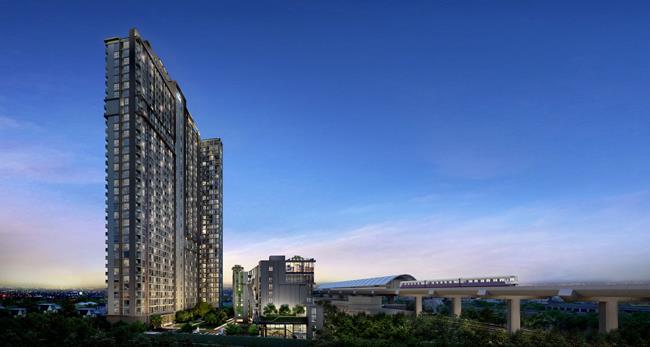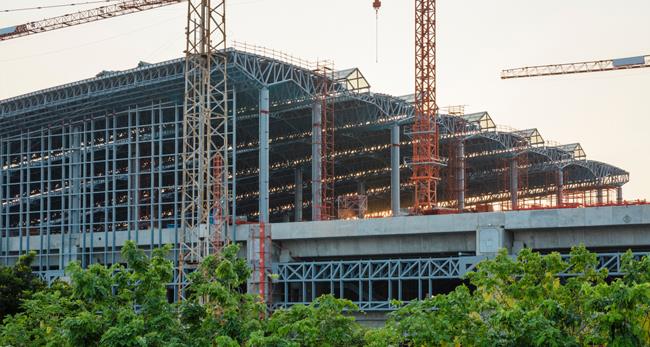
Thailand has begun to adapt its policies to foster growth plans, seen in a number of initiatives rolled out on a national level to expedite the country’s economic growth. The most recent of these initiatives was their Smart Visa programme, offered to foreign talent, investors, executives and startups to gain easy-entry into the country for business or employment purposes.
Moving forward, the Thai government is now closely considering opening up channels to foreign investment across a list of targeted industries by amending its Foreign Business Act. The current act limits foreign shareholding to forty nine per cent of a business. It also surrounds exclusion across any sector that covers business activities related to national security, arts and culture, traditional handicrafts, natural resources and the environment.
The amended Foreign Business Act will consider the inclusion of industries that focus on next-generation cars, smart electronics, affluent, medical and wellness tourism, agriculture and biotechnology, food, robotics for industry, logistics and aviation, biofuels and biochemicals, digital, and medical services

Reasons for the change in approach
The Thai government’s approach towards opening up its economic policies towards foreign arenas is due to the increasing need to pivot towards changing global economic environments.
The country’s general service industries have been somewhat protected so far on the grounds that Thais are not ready to compete with foreign participation across certain areas. This, however, has caused the nation to lose market share of foreign direct investment (FDI) within ASEAN for the last couple of decades. The economic implication of this is that innovation and productivity would seem to have taken a back seat due to lack of global involvement and exposure to the abovementioned industries.
Probable overall effects of proposed changes
All things considered, the proposed amendments to the Foreign Business Act will seem to be a key mover for the country towards their globalisation efforts.
Precedence to the move has included the abovementioned Smart Visa programme, after the well-received Thailand 4.0 project, aimed at avoiding the middle-income trap through creating a value-based economy driven by innovation, creativity and technology.
Governmental infrastructure plans also entail heavy investments in plans to make Thailand an economic hub, leveraging its advantageous region to build highways and dual-track train lines, improving transportation connectivity to the ASEAN region in line with the country’s Eastern Economic Corridor initiative. All these measures compliment the welcoming of foreign investments to strengthen participation and further bolster the economy.

Property market to reach new heights
With the several concurrent initiatives being rolled out, positive effects on the property industry is imminent.
A flurry of overseas talent will see the continuation of a buoyant property market as well as heightened returns on investments when it comes to rental yields. Thailand already boasts a healthy 5-8 percent range that will only rise with the opening up of its foreign investor policies.
The country as a popular migration channel will be further boosted by such initiatives as the transformation of Bangsue Central Station to evolve as a transportation hub for the whole region. Properties in the area will see their prices skyrocket due to an increased demand for accessibility as well as connectivity.
Thailand’s imminent emergence as a regional hub will boost its economic standing in the region considerably. It is clear that the government has started to pay attention for the need to globalise its key industries, paving the way for the next few decades of growth.